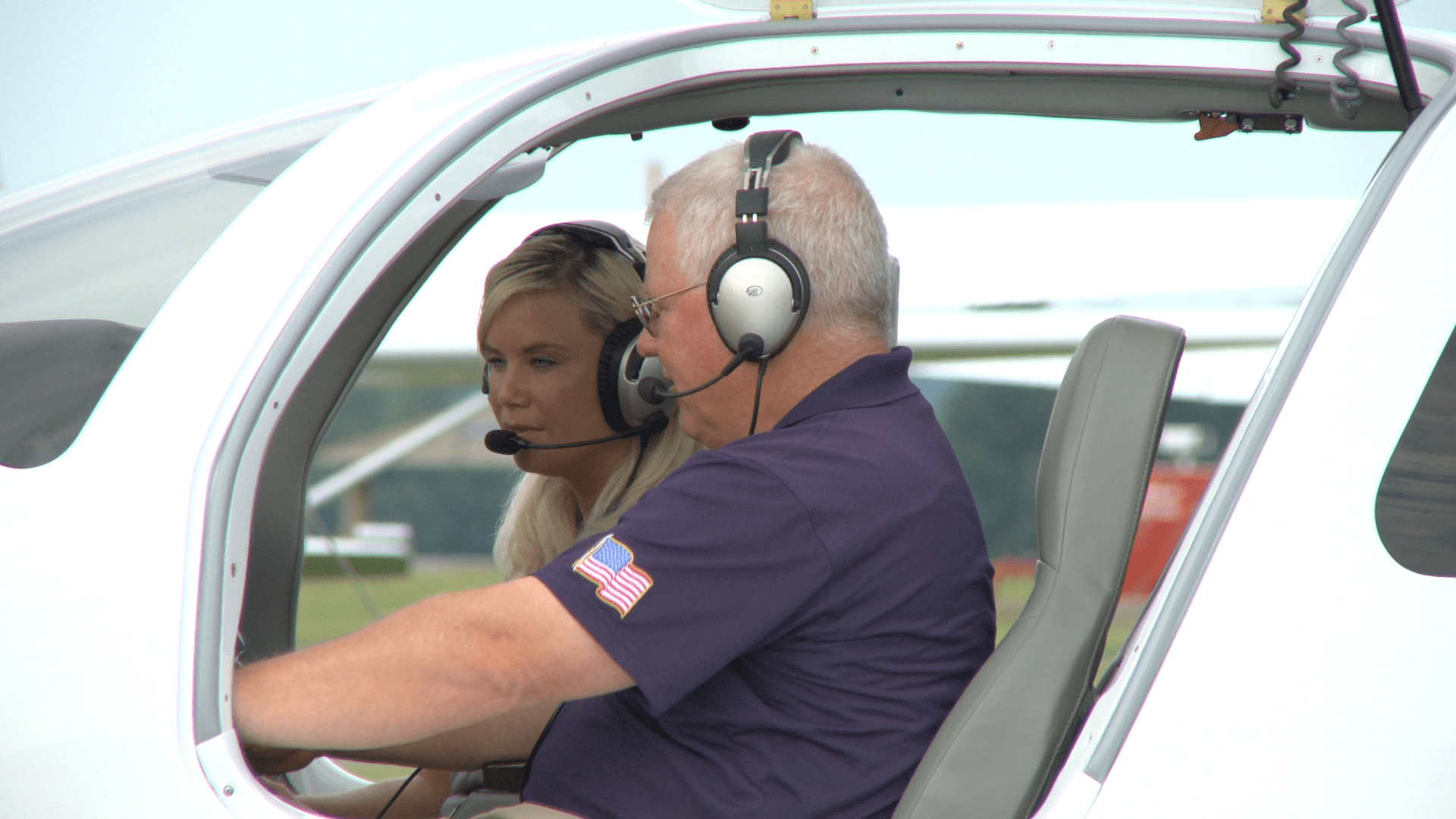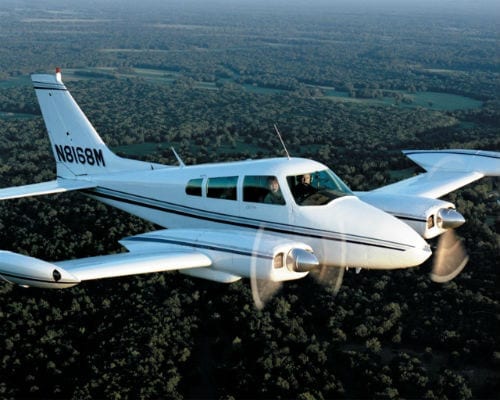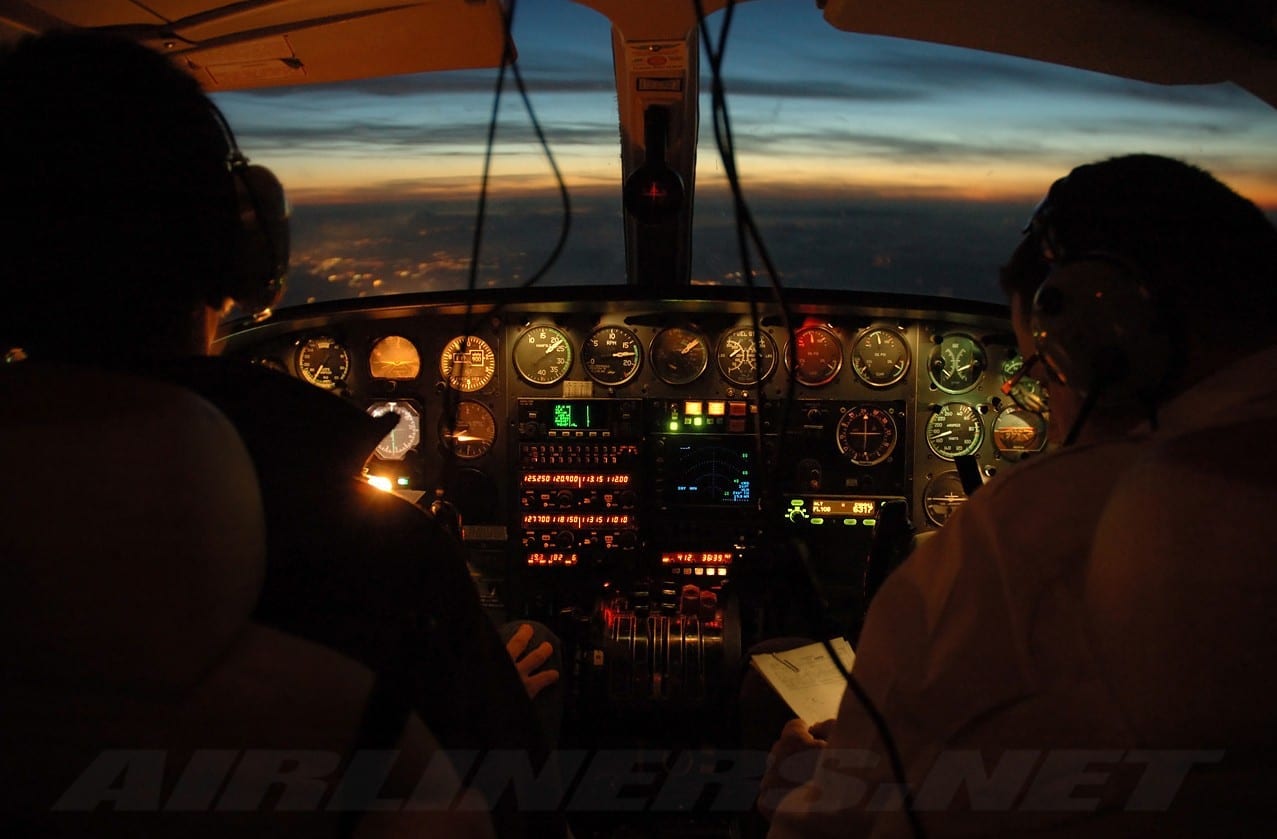
Aviation mentorship
OpinionMost of us can look back and identify at least one person who took us under their wing and helped out. They probably didn’t have the official title of “mentor” and it wasn’t under a formal program, but they certainly contributed to our overall success. Knowing how powerful this can be for someone that is on the outside looking in, how do we go about doing it?

Losing pilots
OpinionNew pilots have been declining for a while, this is nothing new. But why… well if we knew that as pilots we’d change it, wouldn’t we! Here are some ideas though and perhaps that will spark someone else into an idea how to solve it.

It isn’t always the instructor’s fault
OpinionAfter reading the blog post Bad instructors by David Huprich, I thought it might be good to hear the other side of the story (from an instructor point of view) about some of my bad students over the years. Reflecting on David’s article reminded me of several interesting experiences that I have had helping students transition to new airplanes, complete flight reviews, and training primary students.

Considering a twin
OpinionIt's the eternal debate: are twins safer than singles? This author, an experienced multiengine CFI, says yes--but only if you're willing to make a serious commitment to safety. Read his prescription for safer twin flying.

Recent letters
OpinionWe welcome your letters at Air Facts. Whether you want to ask us a question, comment on a story or share an opinion, send us an email. Here are two of our most recent letters, both of which share some of the unique moments that only pilots experience.

Are we our brother’s keeper?
OpinionThe line between trying to help and being a nosey know-it-all is narrow. A little soul searching before criticizing others might make us all better pilots. Yet, you can't in good conscience see an accident waiting to happen and do nothing. What to do is a judgment call.

50 years ago in Air Facts: Double Trouble?
OpinionIn this groundbreaking article, first published in the July 1965 edition of Air Facts, Richard Collins raised the question--heretical at the time--of whether twin engine airplanes really were any safer than singles. His cogent, well-researched argument started a debate that rages to this day.

Is your checklist really necessary?
OpinionDo you really need a massive checklist to fly a single pilot Seminole or Duchess? From the time a student first steps into an aircraft, he should not have to rely on a checklist as a crutch. Checklists are indeed a Good Thing in the big jets, but I sometimes wonder are they really necessary in light aircraft?

Older pilots are safe pilots
OpinionMuch has been said lately about the relative safety of senior pilots. After the Reno Air Race crash, many people asked if the age of the pilot might have had anything to do with the tragedy. With 84 years, 65 since my first solo, behind me, I have some strong feelings about the subject.

A tale of two panels
OpinionI’ve always loved gadgets, so when our flying club purchased a 2005 Cessna 172SP with a G1000 panel (which the club immediately upgraded to WAAS) and autopilot late in 2009 I was thrilled. I had new toys to learn how to use and to play with—what could be more fun? A small minority of my fellow club members, however, was less than thrilled. A few even declared, “Round gauges are better.”

Opinion: NTSB’s ten most wanted list
Opinion“Improve general aviation safety” is on a recently issued National Transportation Safety Board list of ten things that it wants to do. Funny they should mention that. It was on my father’s list when he started Air Facts in 1938, it has been on my list since I joined him in 1958, and I guess you would now say that it is on my bucket list.

Leaving a legacy that changes lives
OpinionMany people in our industry are compelled to share the aviation experience with others for the sheer joy of bringing them into this unique world. Others take it a step farther and reach out to those who, through some unfortunately circumstance, want to be involved but can’t. Charles Stites is one of those people.

Wanted: Basic Flying Skills
OpinionThe final report on the Airbus A330 Rio to Paris Air France 447 accident is not out yet but preliminary information provides a lot of food for thought. It is a safe bet that many thousands of words will be written about this. They will come from all points of view and represent a multitude of opinions. Here is mine.

Opinion: Making the Headlines
OpinionThe general media does a great job of keeping us abreast of what is going on with fast-breaking events. Take away the tsunamis, tornados, executions and weddings, though, and it seems like the media wanders aimlessly while looking for something to attract viewers or readers.

Bless the jets
OpinionYou might as well know right off the bat that I don’t have a jet, never have, and it’s beginning to look like I never will. The funny thing is, though, there are places I wouldn’t be able to go to without them. I’m talking about the King Airs and Citations that are flying every day into small and medium sized towns to do business.

Opinion: Coping with the Winds of Change
OpinionConsider, for a moment, some of the drivers that enabled our nation to develop as a world power. From the time the pilgrims arrived at Plymouth to the present, the single most important driver was the human element, the spirit that has ignited every major achievement in our history. Most everyone would agree that America is unique in this regard.
